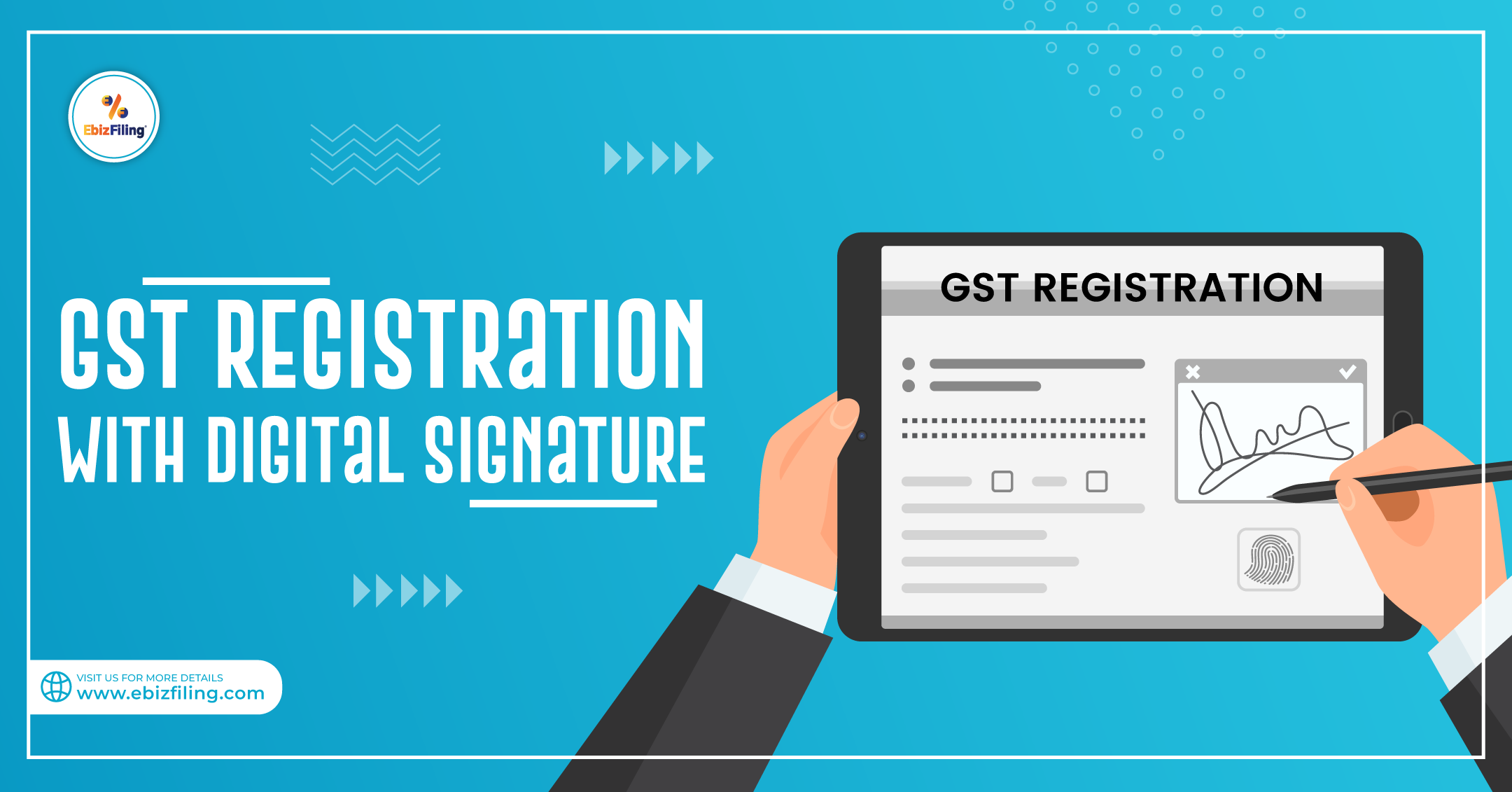From Beginning To End: The Ultimate Roadmap to GST Registration for Businesses Looking For Financial Security
Navigating the complexities of Product and Services Tax (GST) registration is an important step for businesses pursuing monetary security. From recognizing the basic concepts of GST to following post-registration standards, the procedure can appear discouraging initially glimpse. Nonetheless, damaging down the roadmap into manageable steps can enhance the enrollment journey for organizations looking to boost their economic standing. Let's explore the crucial components that compose this ultimate roadmap and discover how each stage adds to laying a strong structure for economic success.
Recognizing GST Fundamentals
Digging into the essential concepts of Product and Services Tax (GST) is essential for obtaining an extensive understanding of its effects on businesses and the economic climate. GST is a value-added tax imposed on most products and solutions for residential usage. It has replaced multiple indirect tax obligations that existed in the pre-GST era, improving the tax framework and improving ease of doing company in India. Under the GST system, both goods and services are strained at a certain rate, which is identified based on their category. If their yearly turnover surpasses the threshold limitation established by the government, companies are called for to sign up for GST. Input Tax Debt (ITC) is a considerable attribute of GST, allowing organizations to declare credit rating for tax obligations paid on inputs, minimizing the general tax obligation worry. Recognizing the essentials of GST is important for companies to follow tax obligation guidelines, manage their financial resources effectively, and add to the country's financial development by getting involved in a transparent tax obligation system.
Eligibility Requirements for Registration
To register for GST, businesses have to meet specific qualification standards developed by the federal government. The primary eligibility demand is that any kind of organization included in the supply of products or solutions with an annual aggregate turnover over the threshold limitation set by the authorities have to sign up for GST. Since the existing laws, the threshold limit for GST registration is an annual accumulation turn over of 40 lakhs for organizations operating within a state, besides unique category states where the limitation is 20 lakhs. In addition, particular businesses are called for to sign up for GST irrespective of their turn over, such as interstate vendors, laid-back taxed persons, and businesses accountable to pay tax under the reverse fee system. It is important for companies to extensively evaluate their turn over and deal kinds to establish their GST registration commitments properly. Failing to register for GST when eligible can result in penalties and lawful consequences, making it essential for businesses to follow the specified qualification criteria.
Files Required for Enrollment
Having satisfied the eligibility standards for GST enrollment, businesses need to currently guarantee they have the requisite my sources records in position to wage the registration procedure effectively. The papers needed for GST enrollment usually include proof of company constitution, such as partnership action, registration certificate, or consolidation certification for different kinds of companies. In addition, organizations require to offer files establishing the primary location of business, such as a rental agreement or electrical energy expense. PAN card of business, as well as the identification and address proof of promoters/partners/directors, are vital for confirmation objectives. Checking account statements, together with canceled cheques or a copy of the bank passbook, are called for to validate the economic information supplied during registration. Services should have digital signatures all set for the licensed signatory. Making sure all these files are arranged and easily available will certainly expedite the GST registration process, allowing companies to adhere to tax obligation policies flawlessly.
Step-by-Step Enrollment Process
Commencing the GST enrollment procedure includes a collection of structured actions to make sure a smooth and compliant registration for businesses. The primary step is to see the GST site and submit the registration type with exact details of the business entity. Following this, the applicant gets a Temporary Reference Number (TRN) which is made use of to return to the application process if it's not completed in one go.
Following, all required files based on the list supplied by the GST portal need to be uploaded. These files typically consist of evidence of organization enrollment, address and identity evidence of marketers, monetary declarations, and company entity's PAN card.

Post-Registration Conformity Standards

Conclusion
To conclude, companies looking for economic security should comprehend the basics of GST, meet eligibility criteria, gather essential papers, adhere to the detailed enrollment procedure, and adhere to post-registration guidelines - Best GST registration services in Singapore. By adhering to these actions, organizations can ensure conformity with tax policies and maintain economic stability in the lengthy run
In addition, particular organizations are needed to register for GST regardless of their turnover, such as interstate suppliers, casual taxed persons, and businesses accountable to pay tax obligation under the reverse fee mechanism.Having actually satisfied the qualification standards for GST enrollment, organizations should currently guarantee they have the requisite files in location to proceed with the enrollment process efficiently. The files needed for GST registration usually include proof of service constitution, such as collaboration action, enrollment certification, or incorporation certificate for various types of organizations. In addition, businesses require to provide records establishing the primary place of service, such as a rental arrangement or electrical power bill.Starting the GST registration procedure includes a series of organized steps to ensure a seamless and compliant enrollment for services.